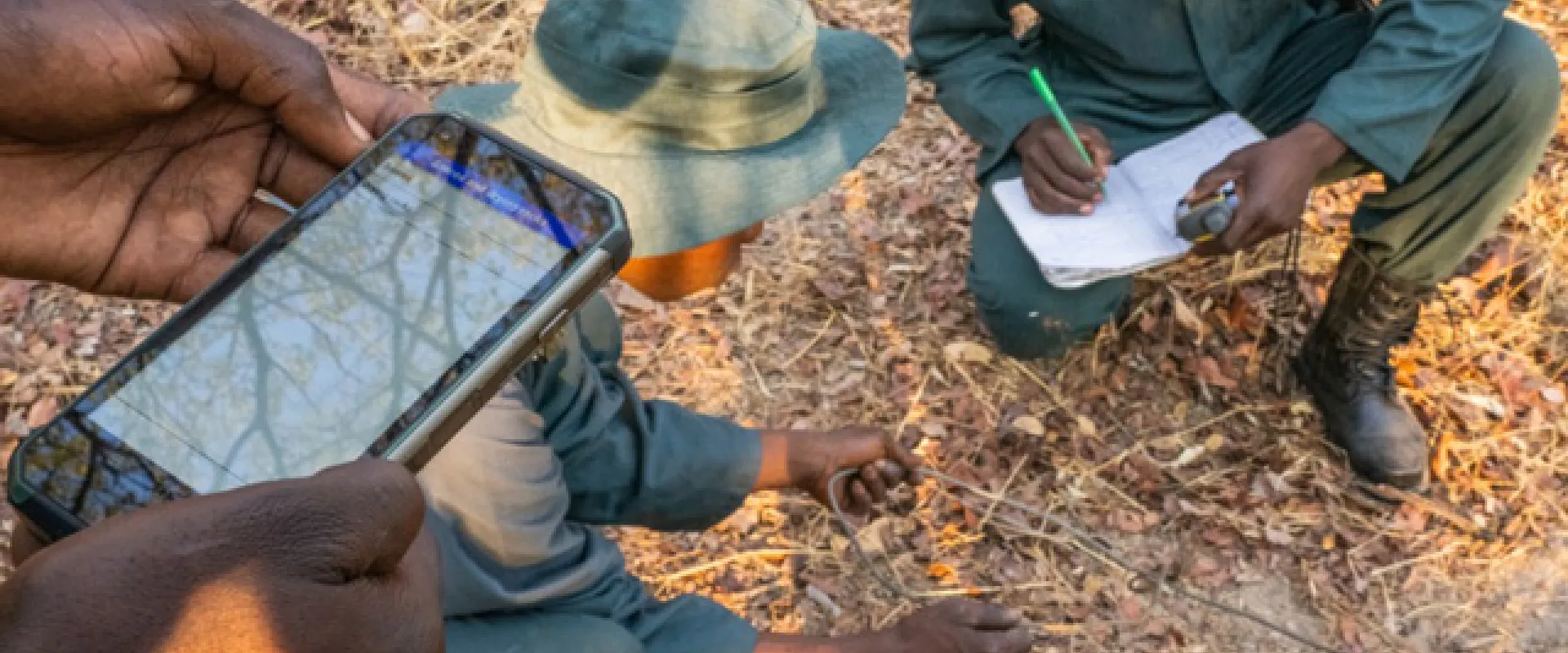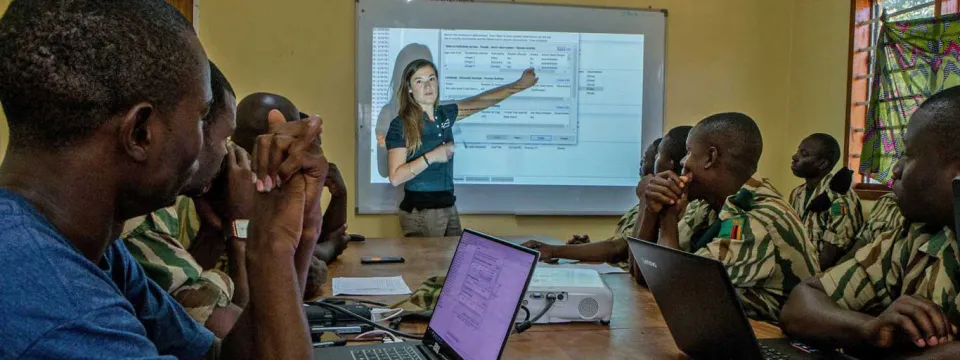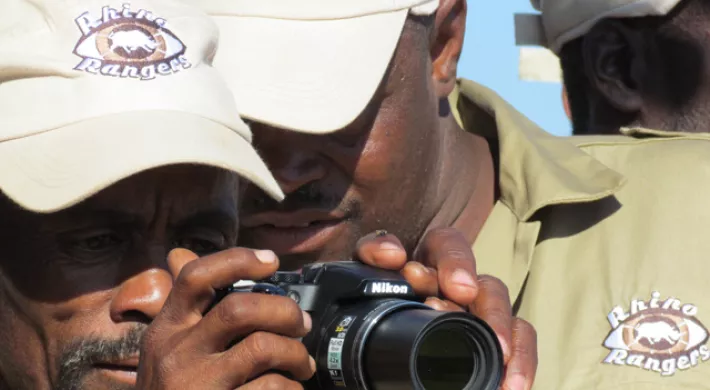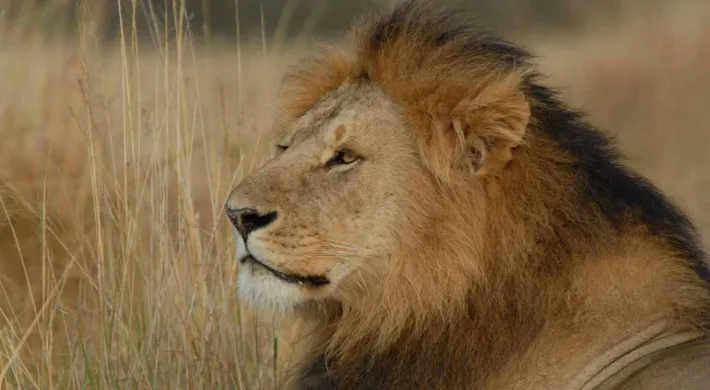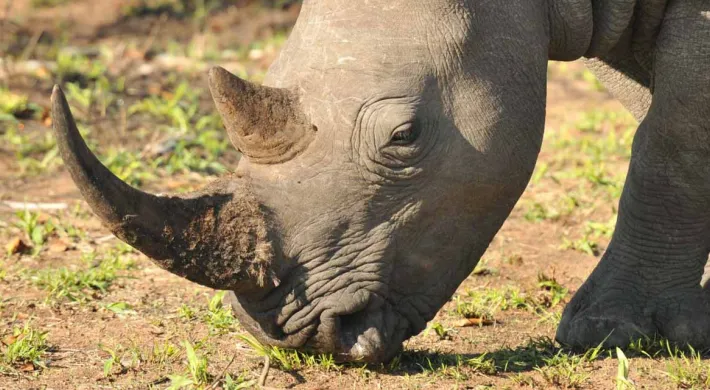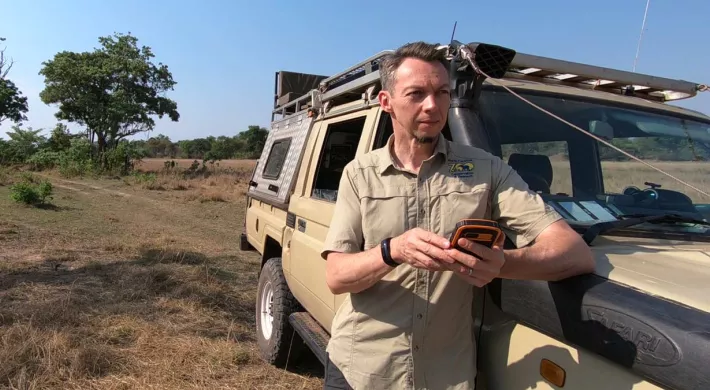Written by Drew T. Cronin, Associate Curator of International Conservation, North Carolina Zoo
Rangers play a critical role in protecting wildlife and the management of protected areas around the world. They are the primary deterrent against illegal activities at many sites, and numerous studies have shown that rangers are fundamental to the success of protected areas. Unfortunately, rangers have historically been under-trained, under-equipped, and under-valued around the world, a situation that the COVID-19 pandemic has exacerbated. Travel restrictions have driven the collapse of the tourism industry, leading to financial challenges for foreign governments and small-scale communities and imposing negative consequences on rangers and the wildlife they protect.
One example of this is Kafue National Park (KNP) in Zambia, where the North Carolina Zoo has partnered with Panthera on anti-poaching efforts for many years. KNP is one of the largest protected areas in Africa and is home to important populations of large carnivores, like lions, leopards, and cheetahs. In an ideal world, a park the size of KNP would have over 1,300 rangers to secure it, based on recommendations from international experts. In reality, the park has less than 30%, and most of these rangers operated with minimal resources - even before the pandemic.
As noted above, the pandemic has led to the almost complete collapse of wildlife tourism in KNP. This has reduced employment and incomes in communities adjacent to the park and led to a surge in poaching. The absence of tourism activities has also removed much of the park's deterrence and citizen-science monitoring, which has emboldened poachers to operate in prime lion habitat areas previously secured.
Together, the reduced economic and touristic activities have combined to limit the rangers' capacity to monitor and protect carnivore populations in KNP. Rangers that were already stretched thin are now being asked to do even more. This is when most of the global population has been focused on staying at home and keeping themselves and their families safe. Furthermore, over 1,000 rangers worldwide have died in the line of duty over the past ten years. This complex predicament underscores the challenges of being a ranger. That is why here at the North Carolina Zoo, our efforts to protect wildlife focus on ensuring that rangers and other frontline staff have the tools they need to do their jobs, whether with the partners we support on the ground or globally with the SMART Partnership.
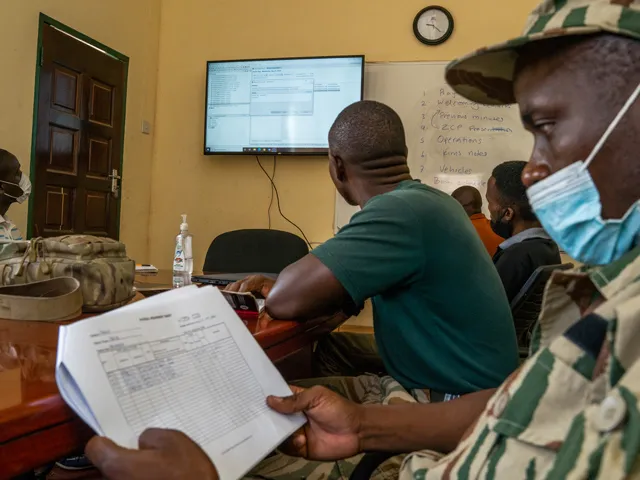
SMART debrief at Kafue National Park
Since 2014, we have partnered with Panthera to develop and implement a customized SMART system that standardized and streamlined data collection, analysis, and reporting across KNP and trained rangers and managers on how to use it effectively. This has improved management and operations and made reporting across the park more efficient. By helping our partners build their staff capacity and deploy SMART software, we are helping support a data-driven approach to wildlife protection and empowering them to make the best use of their available resources.
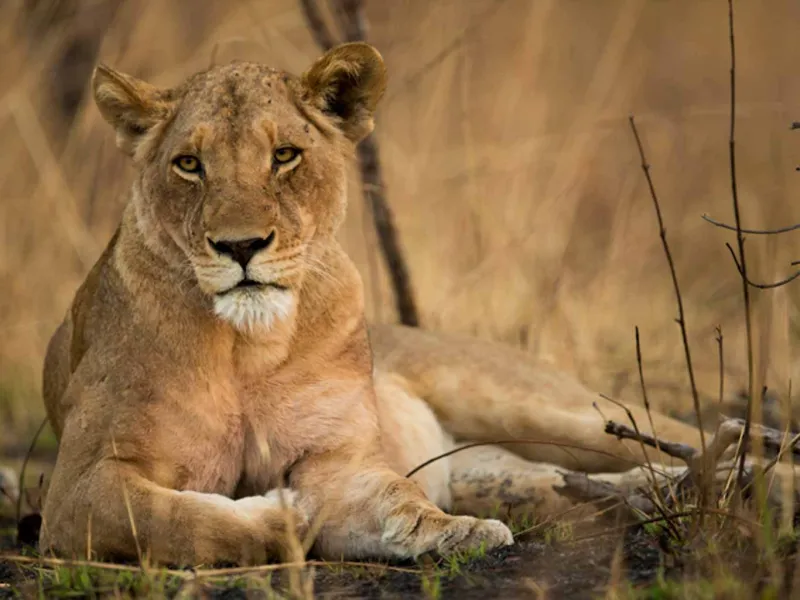
Lioness
World Ranger Day celebrates the commitment and service of those working on the frontlines of conservation. It's an opportunity to honor those that have lost their lives in the line of duty. All of us at the North Carolina Zoo are proud to stand with rangers, and we look forward to continuing our efforts to support them around the world.
